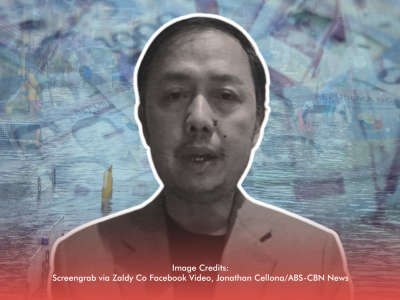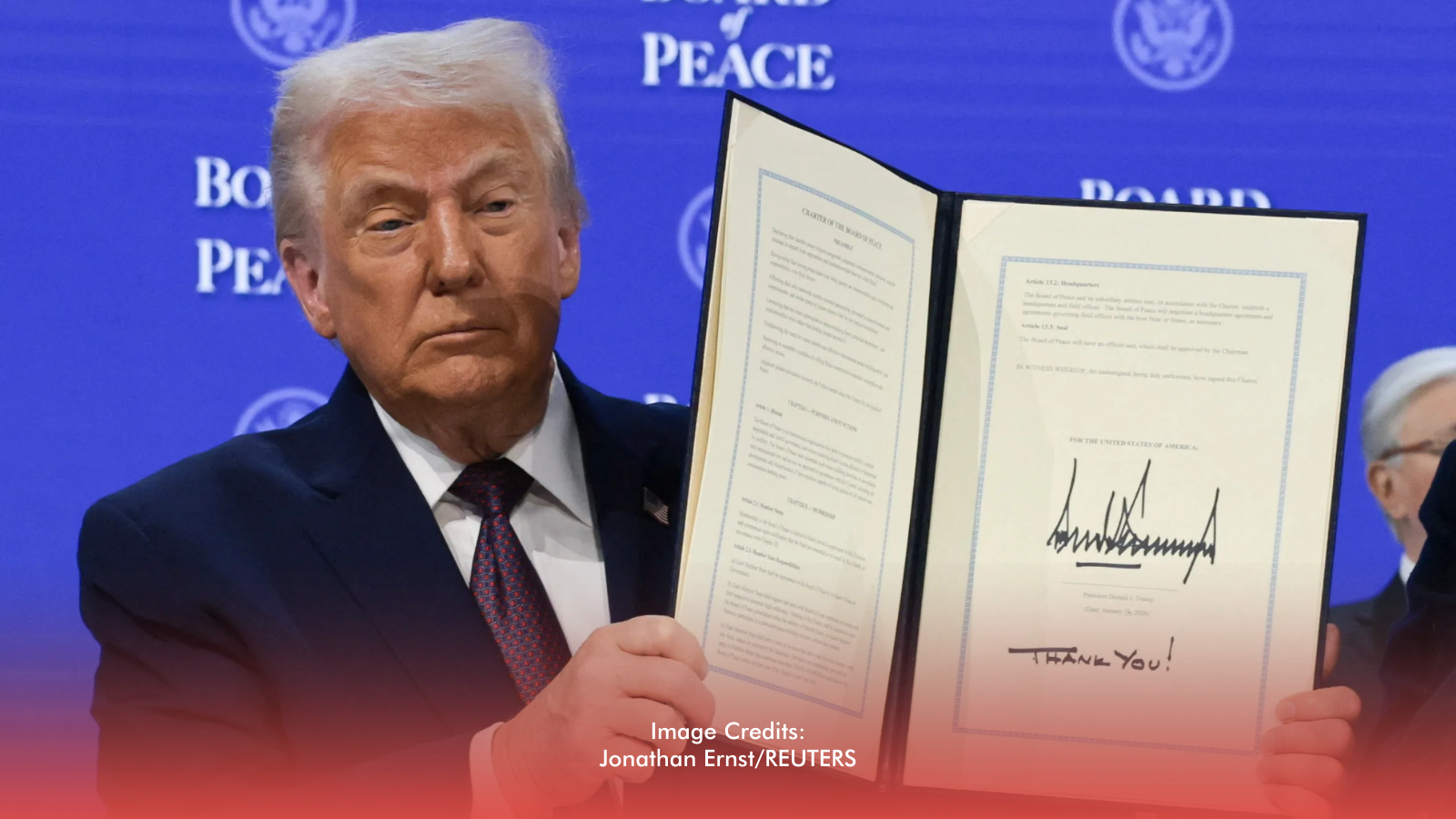Online gambling sites are shifting to new platforms in the Philippines as operators adapt to tighter government regulations. Despite efforts by the Bangko Sentral ng Pilipinas (BSP) and e-wallet providers to curb access, firms behind these operations continue to find alternative ways to reach players.
Sen. Erwin Tulfo, chair of the Senate committee on games and amusement, warned that the fight against online gambling is far from over. While GCash and Maya have delinked gambling access from their features, operators are moving to encrypted messaging apps and e-commerce platforms, making enforcement more challenging.
RELATED: [Gambling Addiction A Public Health Issue, Says DOH Secretary]
Migration to Messaging and E-Commerce Apps
Tulfo cited how gambling operators have turned to platforms such as Viber, Telegram, and Lazada to maintain user access. BingoPlus, a firm claiming to be licensed by the Philippine Amusement and Gaming Corp. (PAGCOR), issued an advisory to its patrons after e-wallet restrictions were enforced.
“Starting August 16, BingoPlus will bring you the fun through our app, website, and Viber, while still allowing easy deposits and withdrawals via GCash and Maya. Your account stays 100% active and ready to play,” the advisory read.
Another avenue flagged by the senator is Lazada, where BingoPlus vouchers are being sold like regular items. These vouchers can be purchased through debit cards, credit cards, and e-wallets, then converted into credits for online gambling. This workaround allows gambling operators to bypass the BSP’s directive and keep their services widely available.
Senate Pushes for Stronger Action
During the recent Senate hearing, the Cybercrime Investigation and Coordinating Center reported that 8,901 illegal online gambling sites have been taken down, though nearly 12,000 still remain active. Senators raised concerns about the extent of the industry’s reach and the social costs tied to gambling addiction.
Tulfo reiterated the Senate’s leaning toward stricter measures. “From the Senate’s end, we are inclined to ban it because social ills outweigh the income benefits. If you ask us, we want to stop online gambling right here, right now. But we will hear every side,” Tulfo stressed.
As the Senate continues its inquiry, the issue remains a balancing act between regulation, revenue, and social responsibility. With online gambling operators finding new ways to reach players, the challenge now lies in how quickly the government and private sector can adapt to ensure that safeguards are stronger than the schemes designed to bypass them.
RELATED: [Online Gambling In PH: More Harm Than Gain?]








